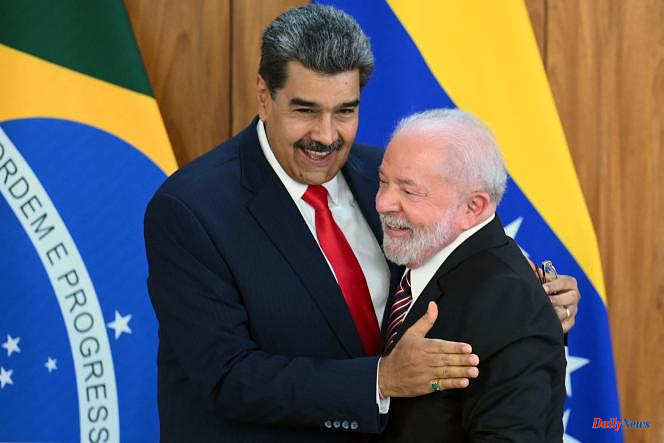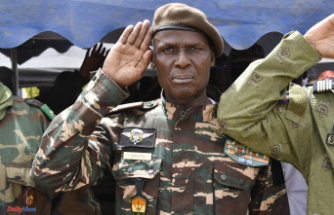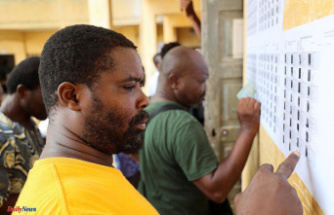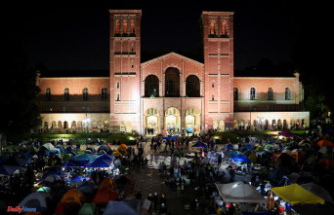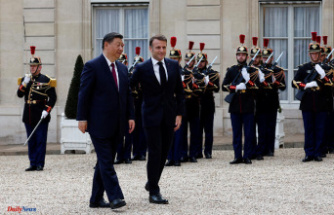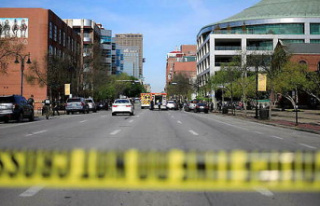He had not set foot in Brazil for eight years. After being treated as an outcast by the far-right former Brazilian head of state, Jair Bolsonaro, Venezuelan President Nicolas Maduro is making his first official visit to Brasilia since 2015, and intends to renew ties between the two nations .
"Today is the beginning of a new era in relations between our countries, between our peoples," Maduro said on Monday May 29, arriving in the Brazilian capital on Sunday evening May 28. The socialist leader is due to participate in a summit on Tuesday that will bring together South American heads of state.
“Venezuela has always been an exceptional partner for [our country]. But due to the political situation and mistakes made, [Mr. Maduro] spent eight years without coming to Brazil,” Brazilian President Luiz Inacio Lula da Silva said after a one-on-one meeting with his counterpart. "It's Maduro's return" to the South American scene, added the leftist president of Brazil, for whom the resumption of relations between the two countries is a "historic" moment.
Lula's criticisms of Europe
These relations were non-existent under the presidency of Jair Bolsonaro between 2019 and 2023, who described the Venezuelan socialist regime as a "dictatorship" and recognized opponent Juan Guaido as interim president, as did some fifty countries, including the United States and several European nations.
"How could a continent that lived democracy so fully by creating the European Union accept the idea of an impostor being president [of Venezuela] only because it did not like the one who had been elected ? asked Lula on Monday.
During his first stint as President of Brazil (2003-2010), the former metalworker had close ties with Hugo Chavez, the predecessor and mentor of Nicolas Maduro.
Tuesday's summit in Brasilia aims to "renew the dialogue" between South American countries, to find "a common vision" in areas such as health, infrastructure, energy, environment and the fight against organized crime.

